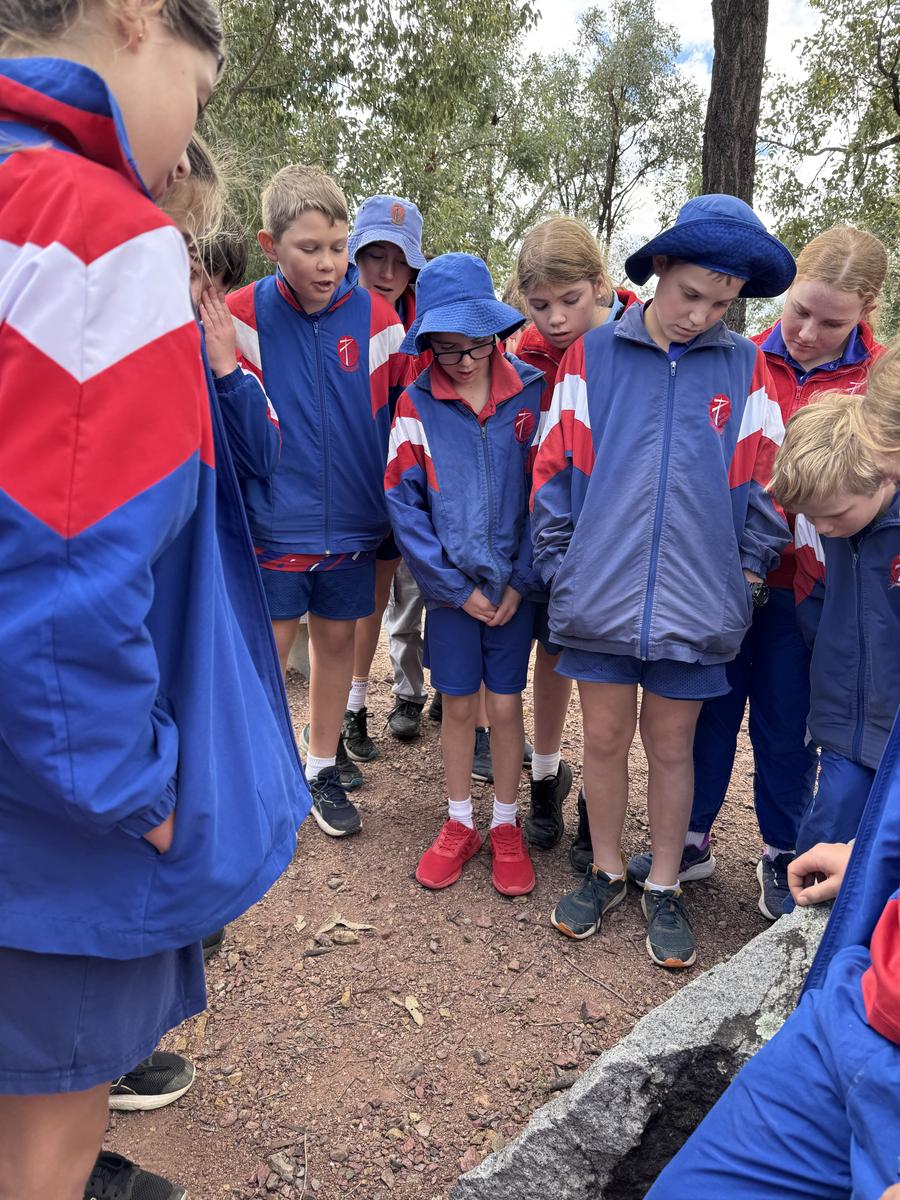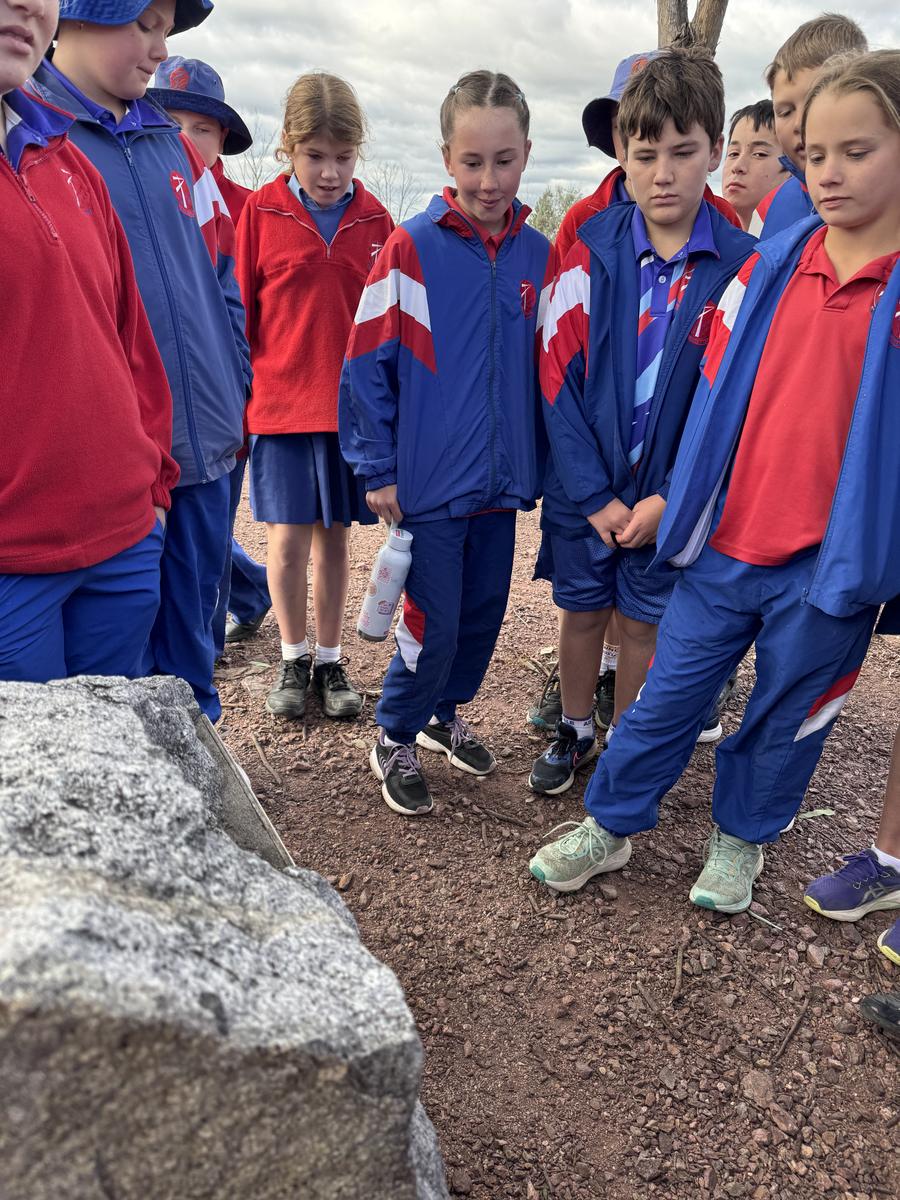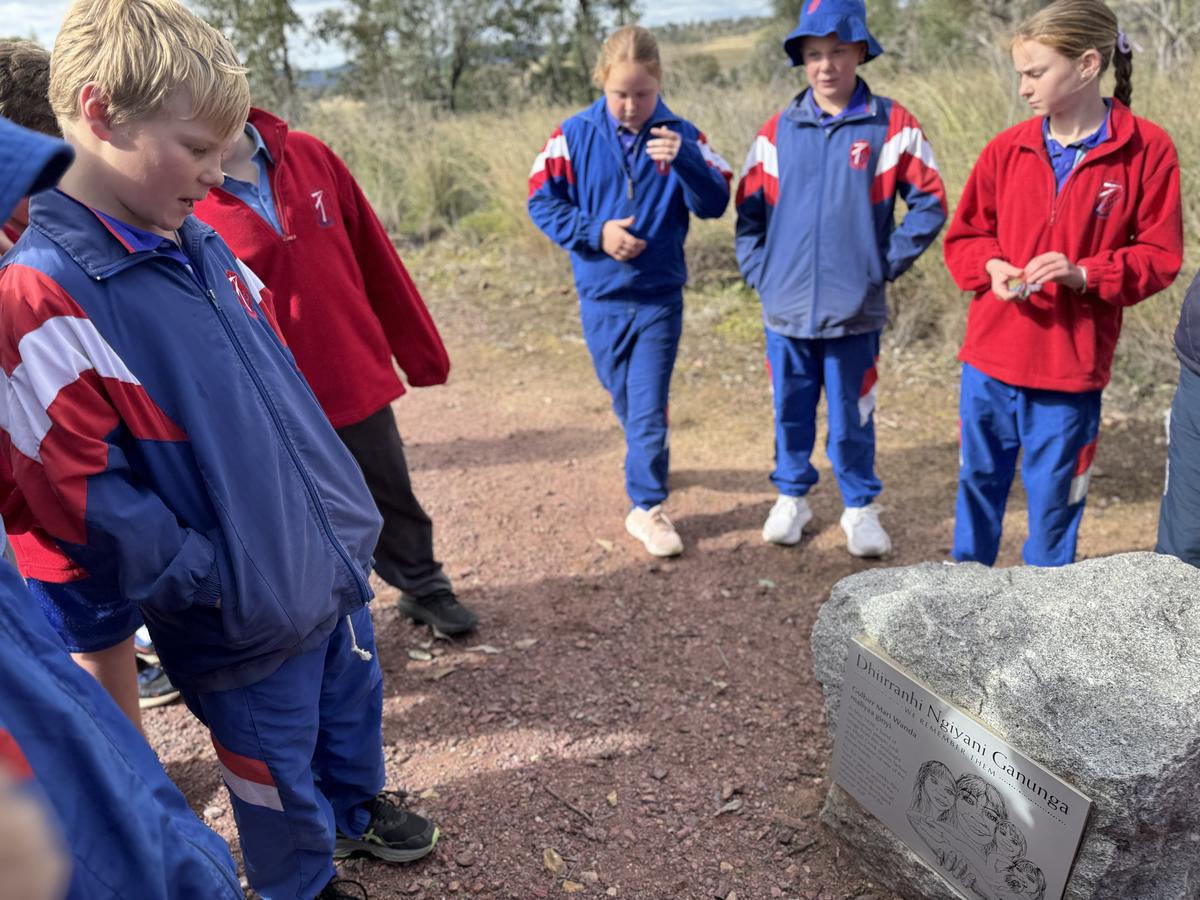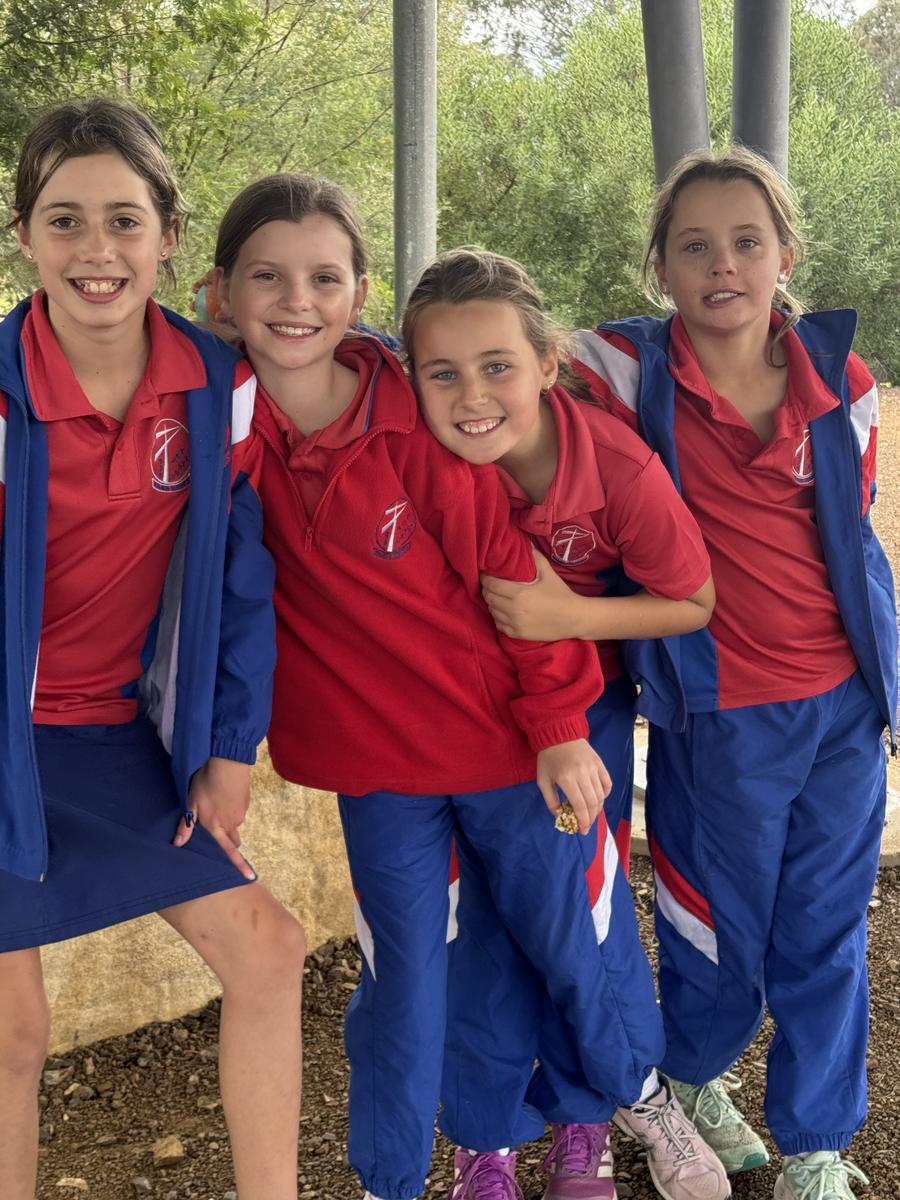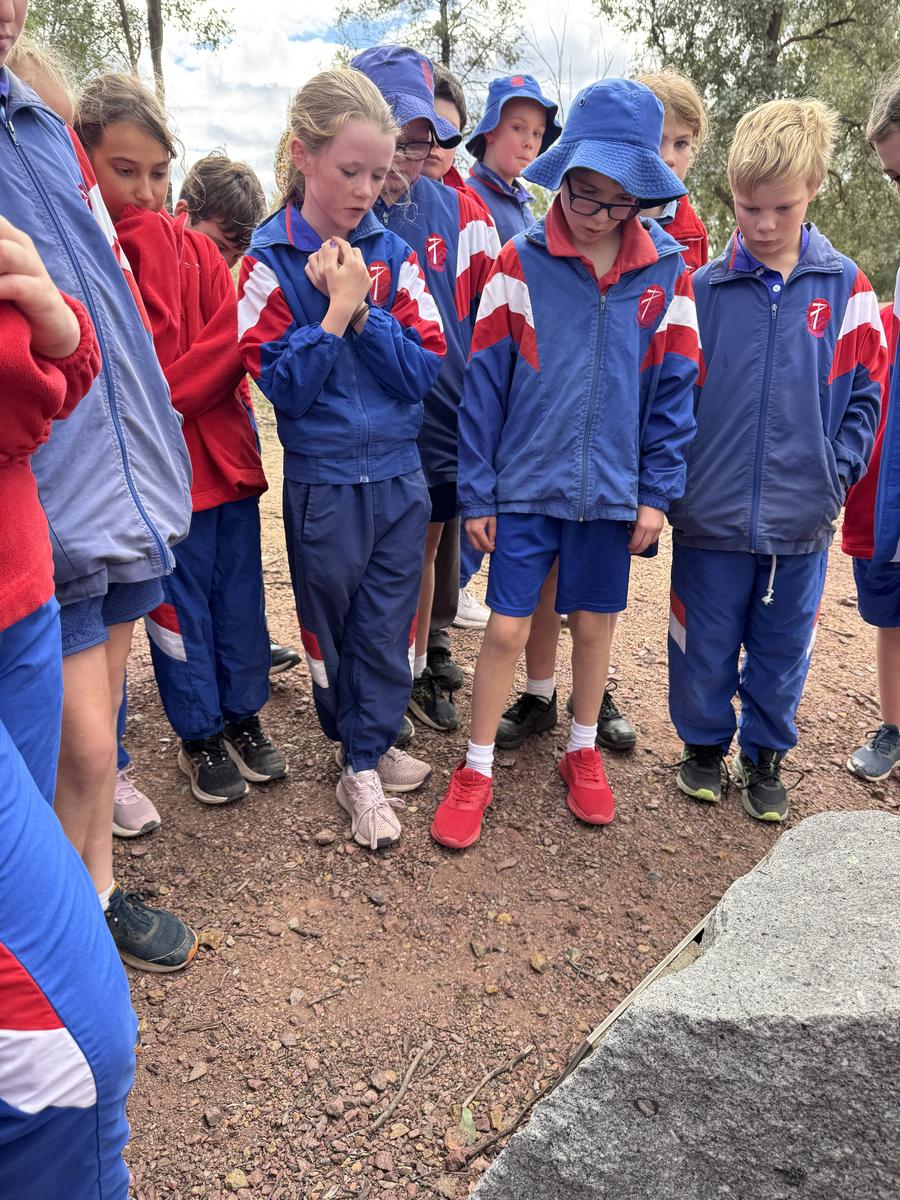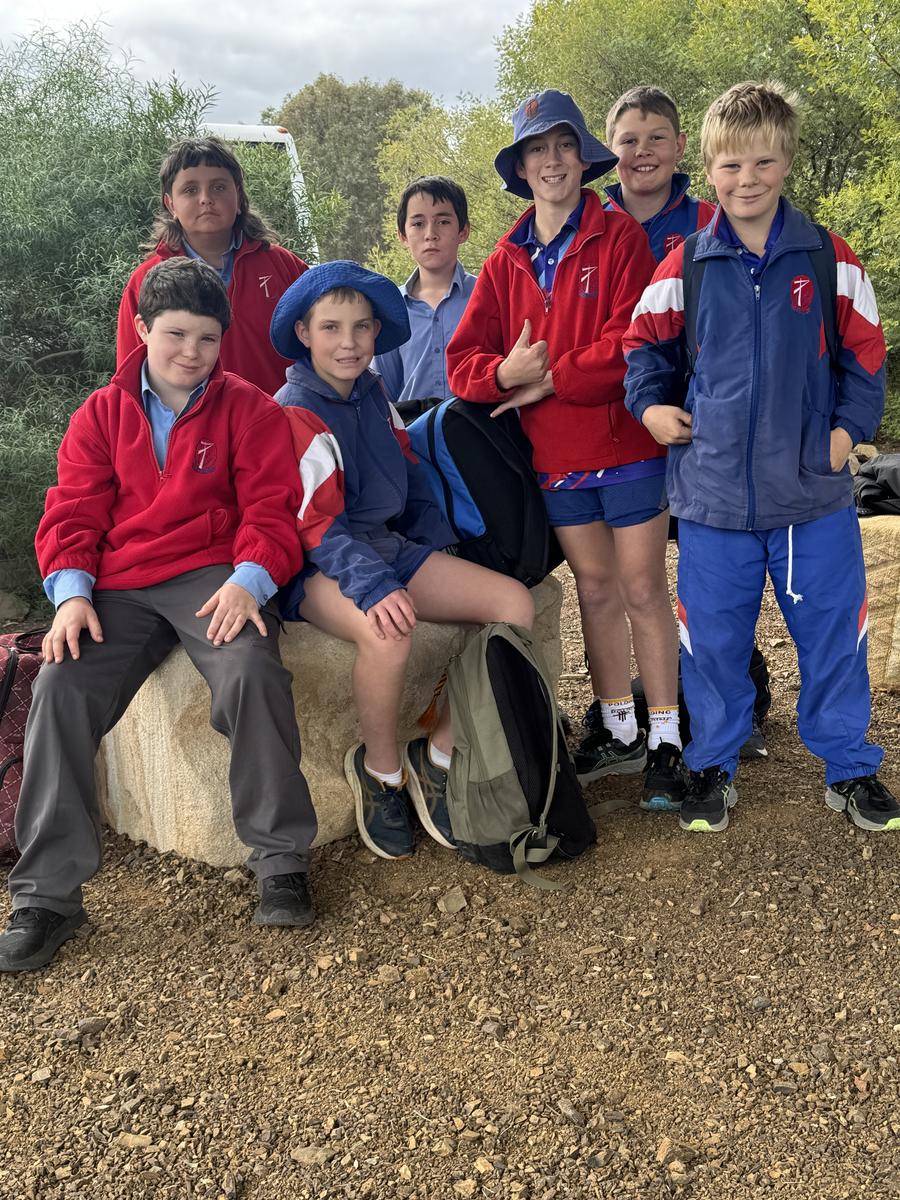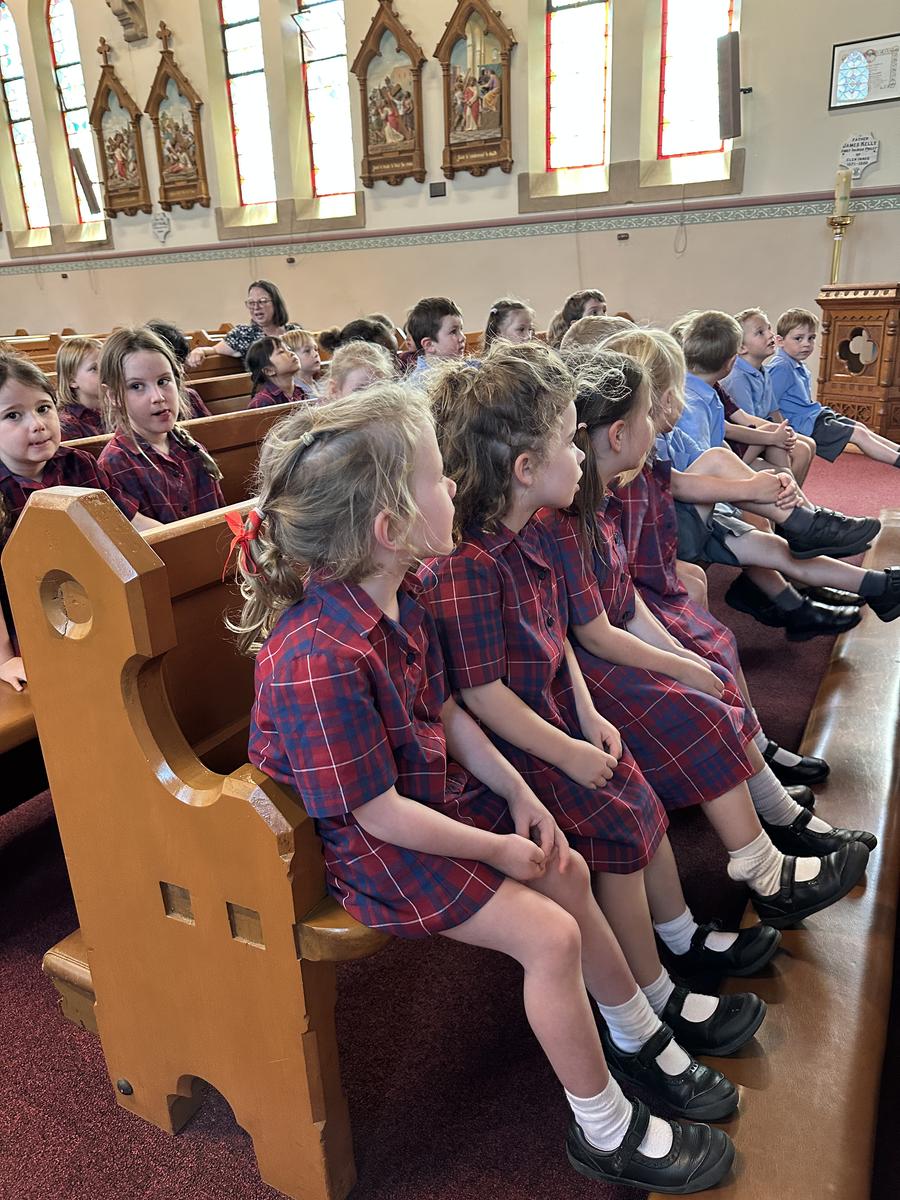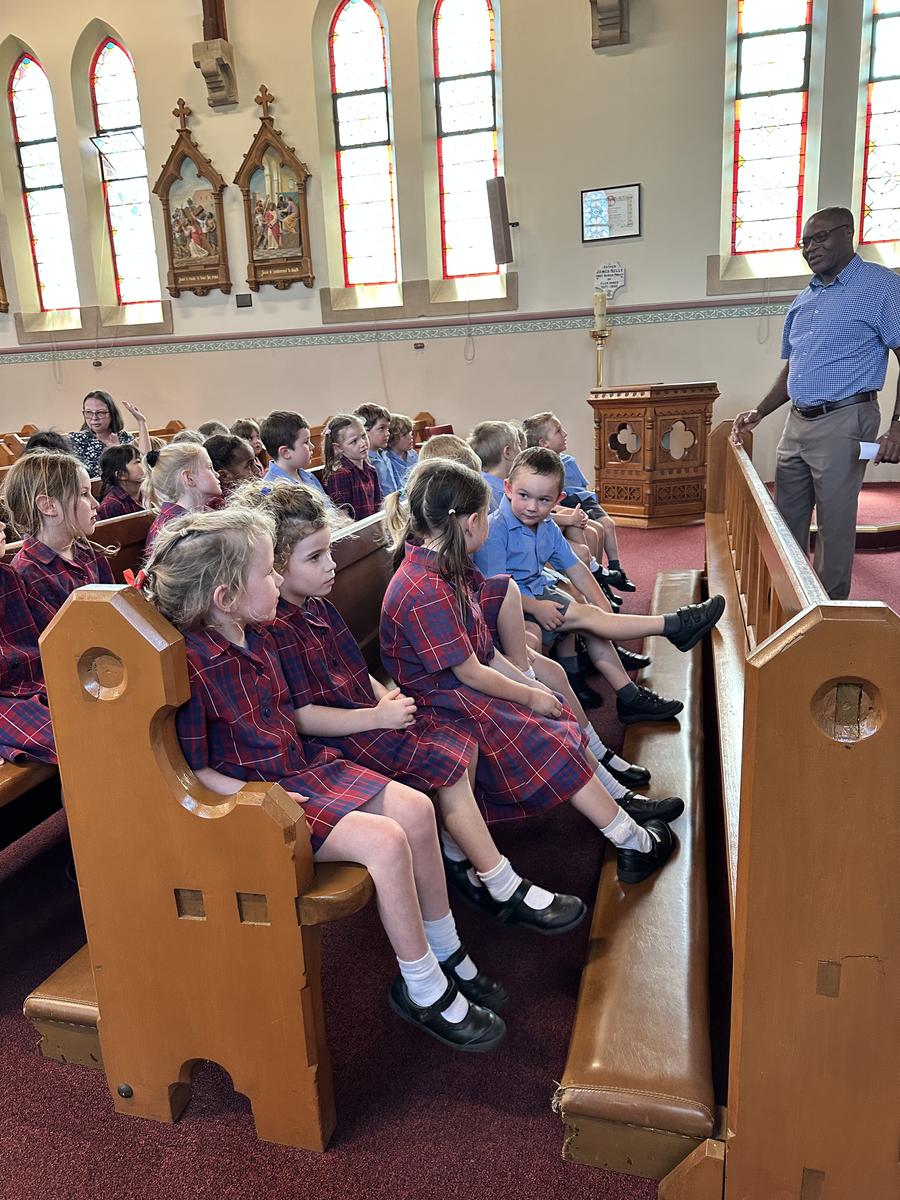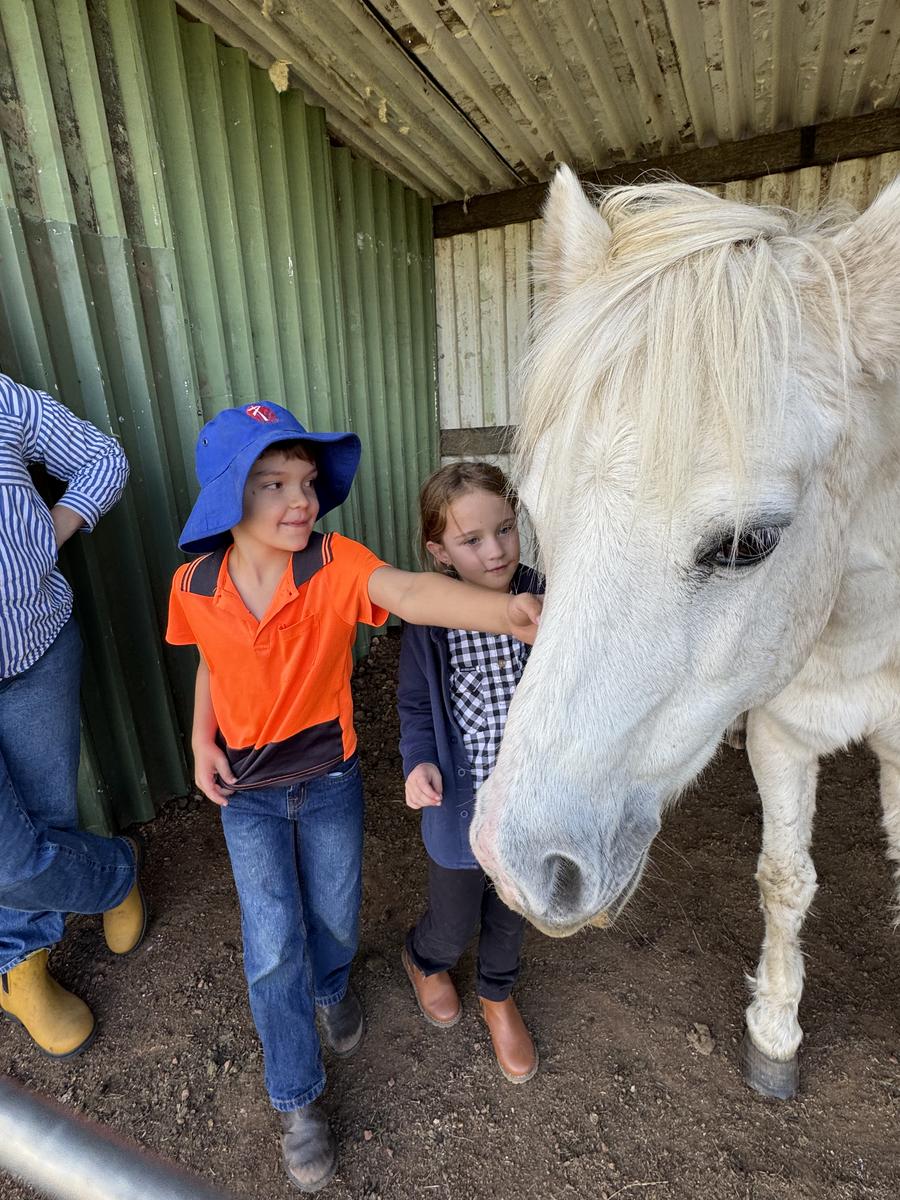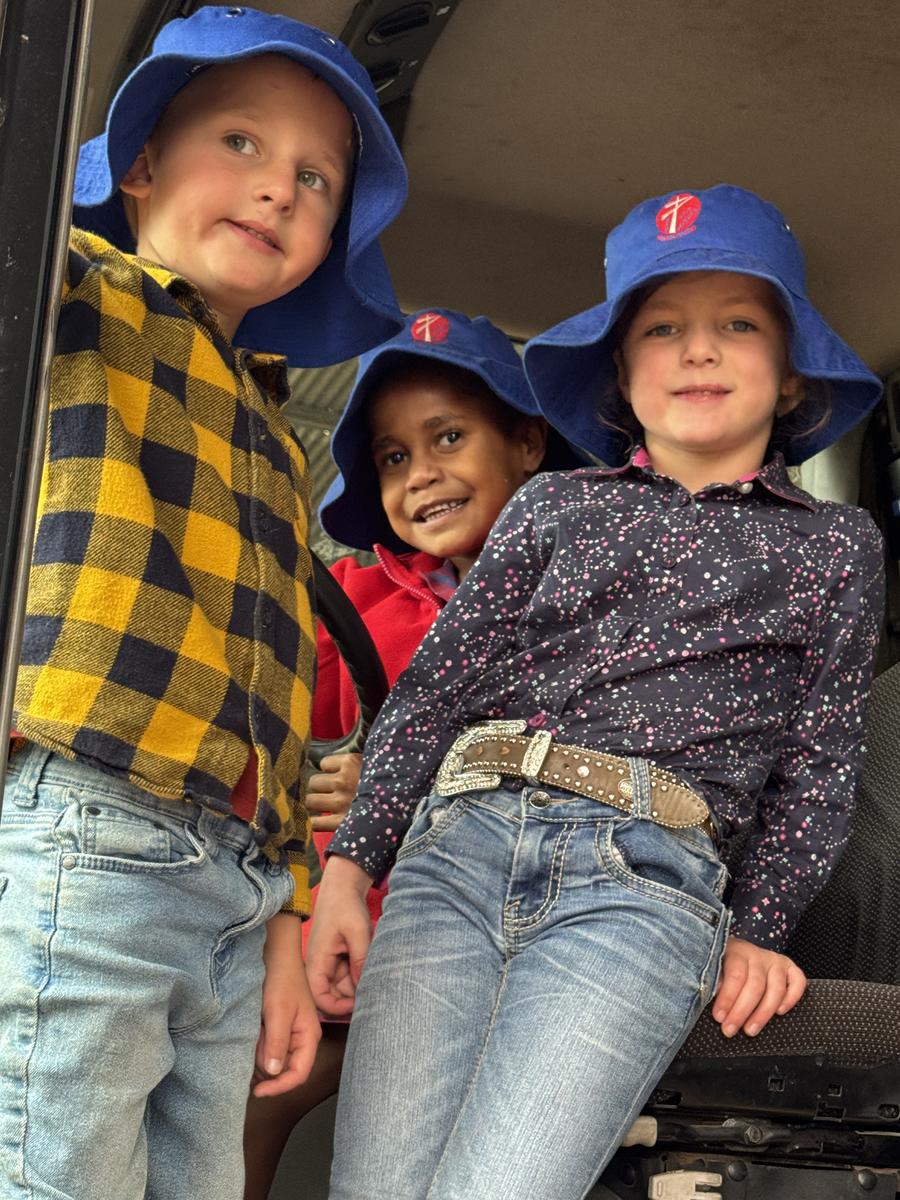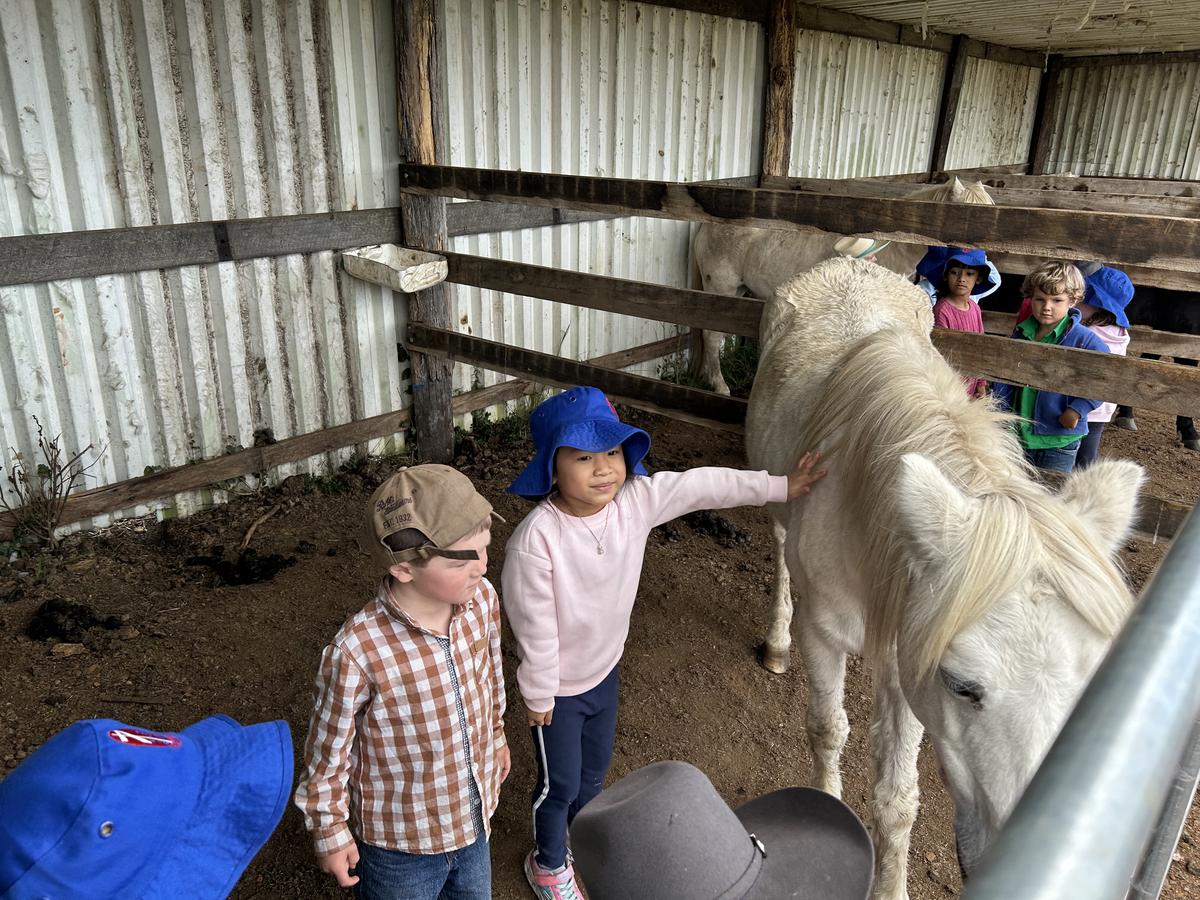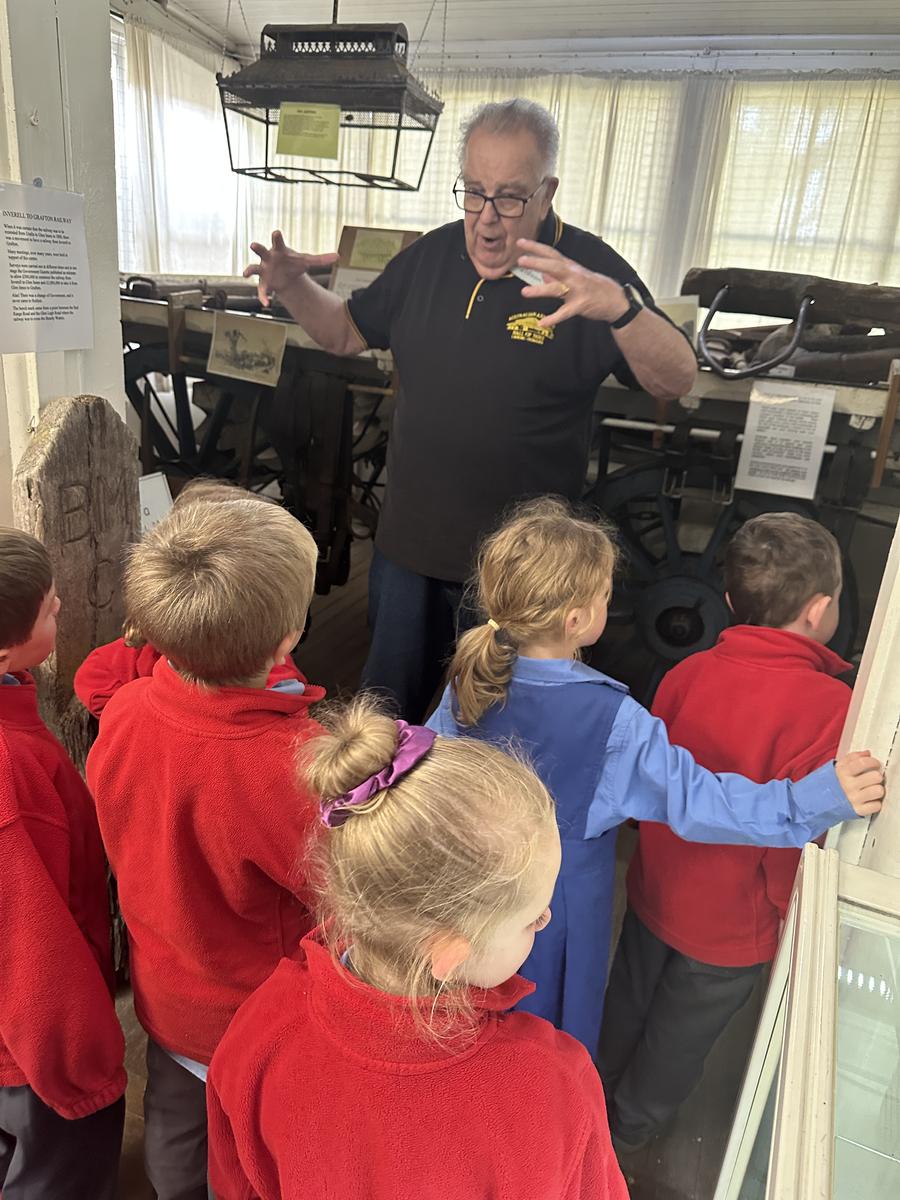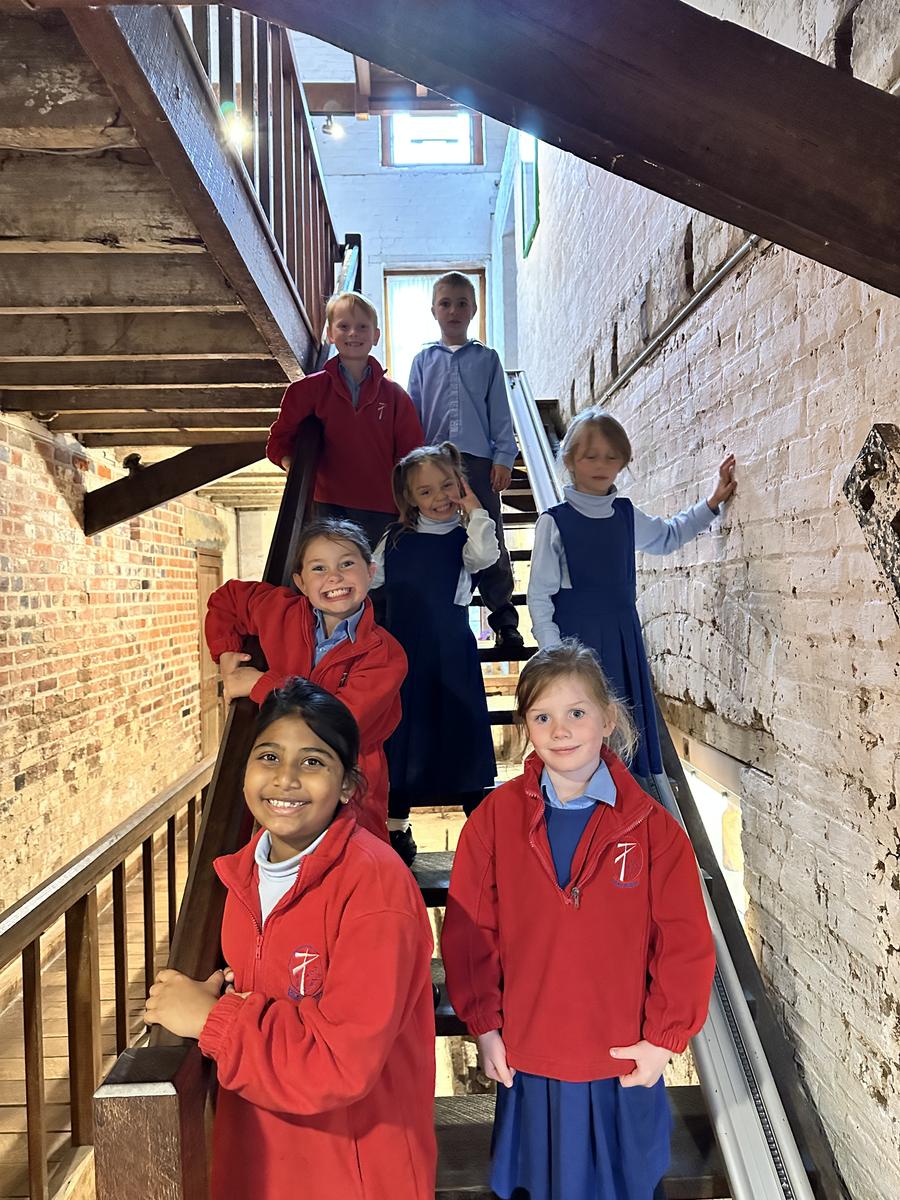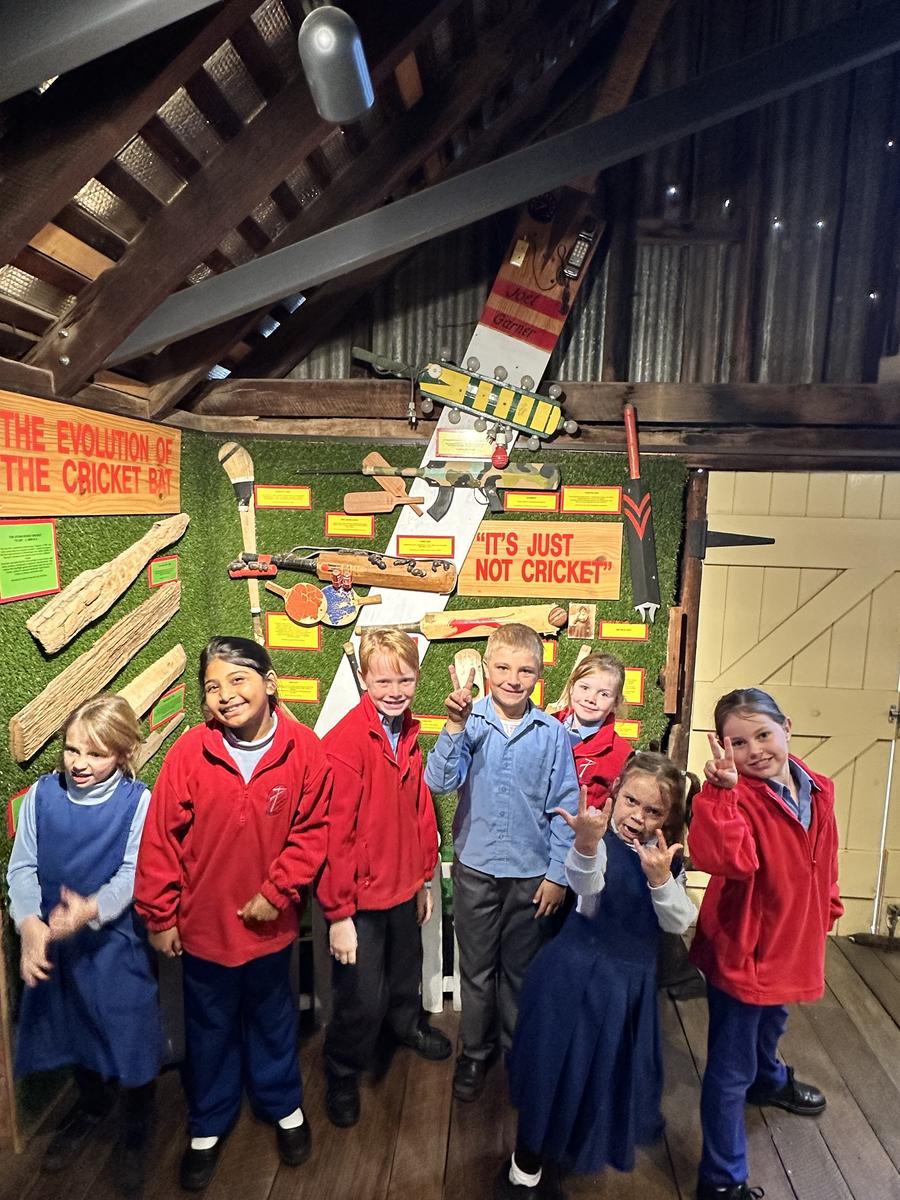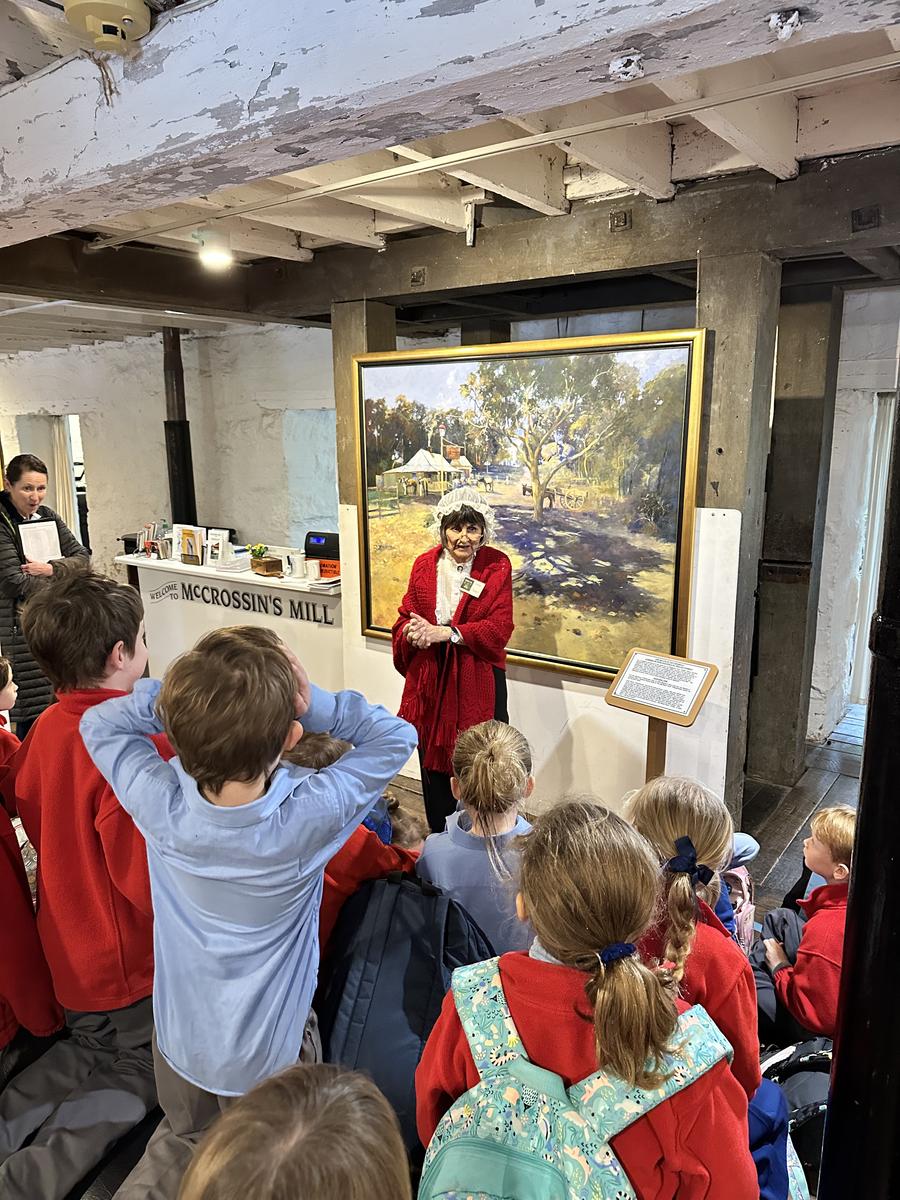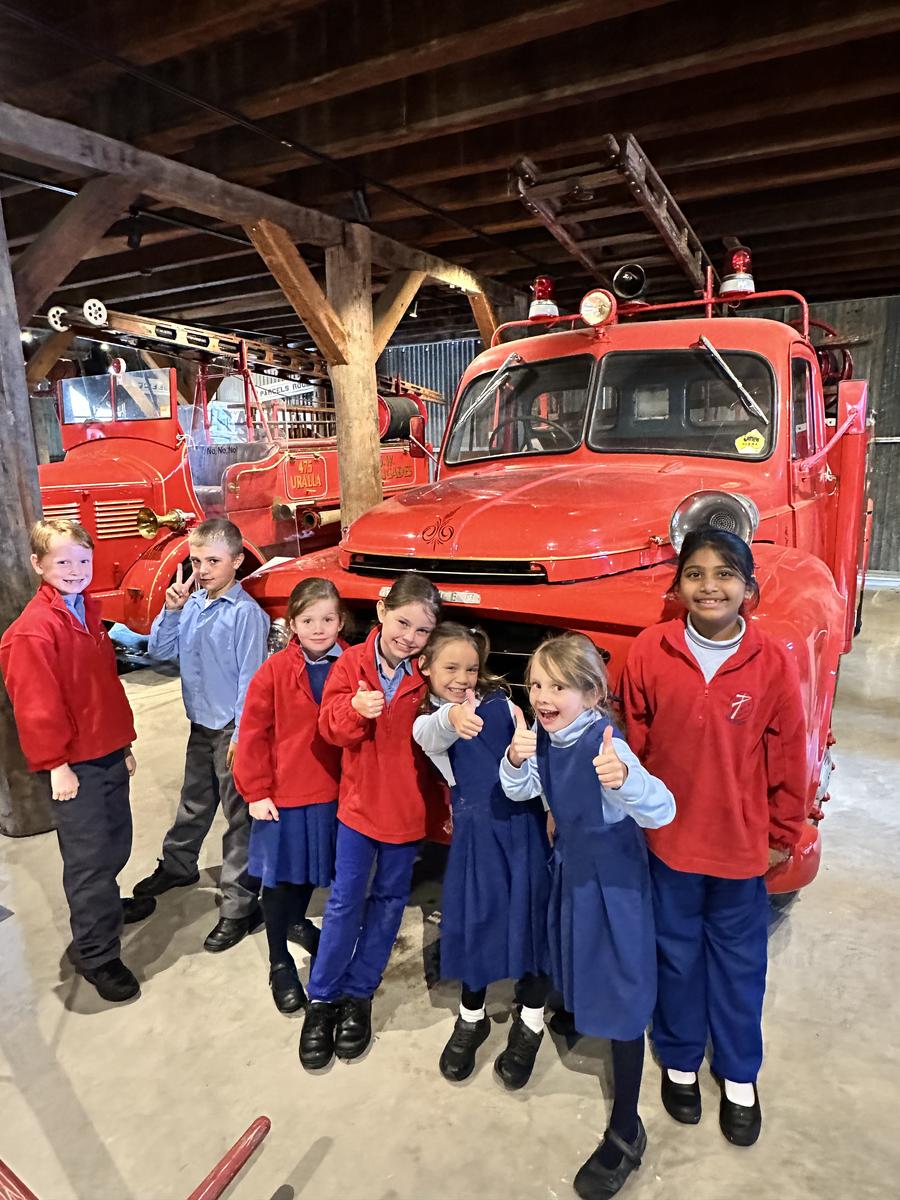Beyond the Classroom Walls: The Unforgettable Power of School Excursions
As the school year progresses, you'll undoubtedly will see and have seen notes coming home about excursions. While these trips might seem like a fun break from routine, they are, in fact, incredibly valuable extensions of the classroom, offering unique and powerful learning experiences that cannot be replicated within four walls. We want to highlight the immense importance of school excursions and why we believe they are vital for your child's holistic development.
More Than Just a Day Out: The Educational Value of Excursions
School excursions are carefully planned to align with our curriculum and educational goals, providing a tangible, real-world context for what students are learning. They offer:
- Experiential Learning: Theory comes alive when students can see, touch, hear, and interact with the concepts they've been studying. Visiting a museum brings history to life, a science centre makes abstract principles tangible, and a botanical garden illustrates biological diversity in a way textbooks never could.
- Deeper Understanding and Retention: Learning by doing and experiencing creates stronger memories and a more profound understanding. Information gained through an excursion is often retained for much longer than facts simply read in a book.
- Real-World Connections: Excursions help students connect classroom learning to the world around them. They see how different subjects are applied in professions, industries, and everyday life, making their studies more relevant and engaging.
- Development of Social Skills: Navigating new environments, working collaboratively with peers, and interacting with adults outside of school staff all contribute to the development of crucial social skills like communication, teamwork, responsibility, and independence.
- Cultivating Curiosity and Wonder: Stepping into a new environment sparks curiosity and ignites a sense of wonder. Excursions expose students to new ideas, cultures, environments, and possibilities, broadening their horizons and inspiring a love of learning.
- Enhancing Problem-Solving and Observation Skills: Whether it's following directions on a map, interpreting exhibits, or understanding a presentation, excursions challenge students to observe closely and solve problems in new contexts.
- Building Community and Positive Relationships: Sharing unique experiences outside the regular classroom helps build stronger bonds between students and with their teachers, fostering a positive and supportive school community.
- Exposure to Diverse Environments and Careers: Visits to workplaces, cultural institutions, or natural environments can introduce students to a wide range of career paths and societal functions they might not otherwise encounter, helping them envision future possibilities.
Making the Most of Every Excursion
We understand that excursions often involve permission slips, fees, and sometimes, early mornings! We strive to make these opportunities accessible to all students and ensure that every trip is meticulously planned for safety and maximum educational benefit.
We encourage you to:
- Read permission notes carefully: These provide all the necessary details about the trip's purpose, logistics, and requirements.
- Discuss the excursion with your child: Talk about what they expect to see and learn beforehand, and what they experienced and enjoyed afterward.
- Reinforce the learning at home: Connect what they learned on the excursion to everyday conversations or related activities.
School excursions are an invaluable component of a well-rounded education. They provide rich, immersive learning experiences that extend far beyond the curriculum, nurturing curious minds, building essential life skills, and creating lasting memories. We are committed to providing these enriching opportunities for your children and thank you for your continued support in making them possible.

